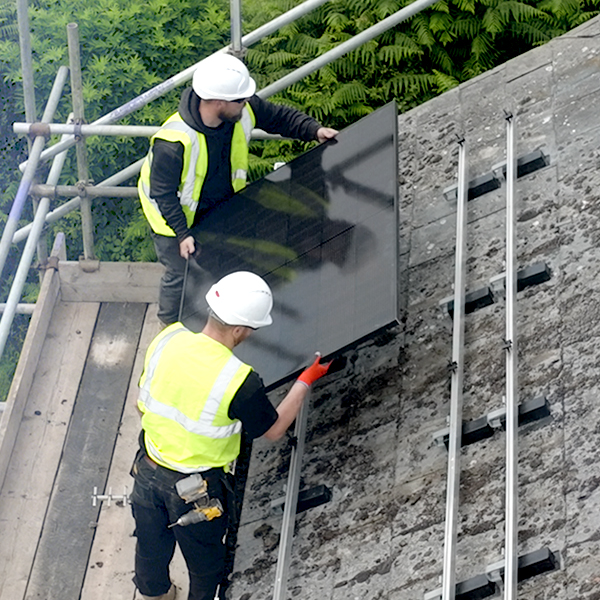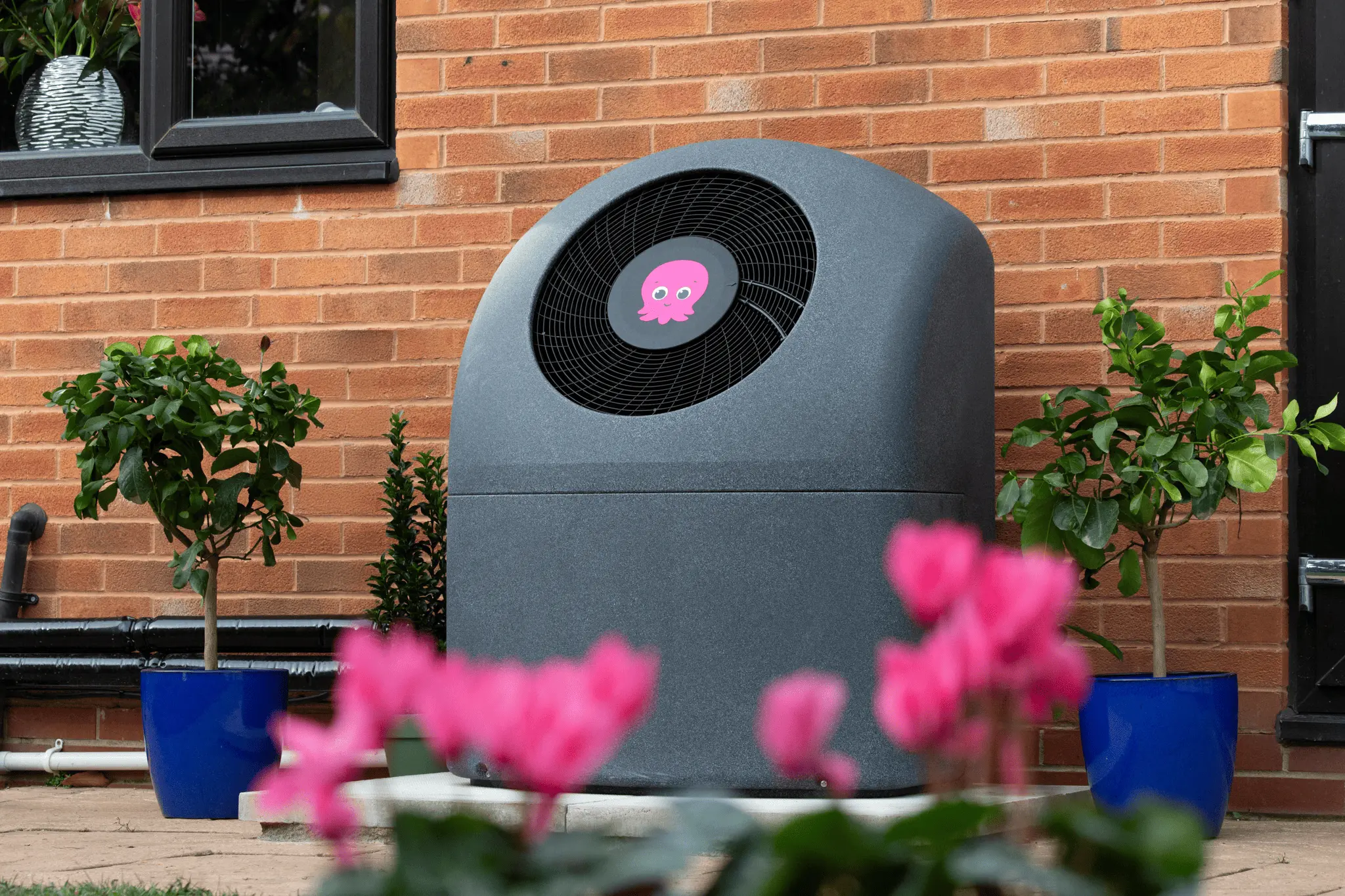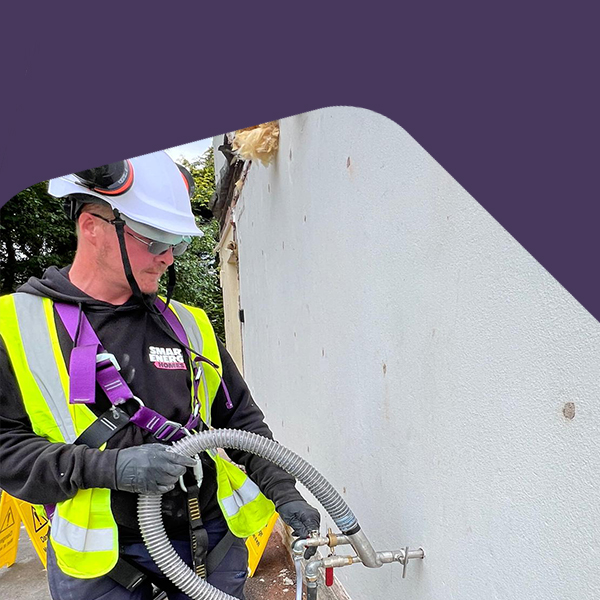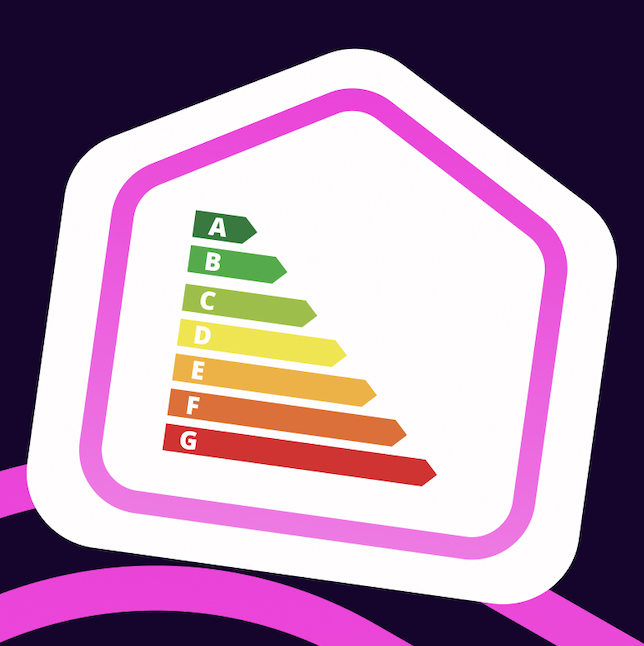How Does Solar PV Work?
Solar photovoltaic (PV) systems convert sunlight directly into electricity using semiconductor materials, typically silicon. When sunlight strikes the solar cells within the panels, it energizes particles of light called photons, which knock electrons loose from the atoms in the semiconductor. This process, known as the photovoltaic effect, generates an electric current as the freed electrons flow through the material. Solar cells are designed with an electric field that directs the movement of these electrons, creating direct current (DC) electricity.
This DC electricity is then collected by conductive plates in the solar cells and transferred through wires. Since most homes and businesses use alternating current (AC) electricity, an inverter converts the DC electricity to AC for practical use. The generated electricity can power electrical devices, and any surplus can be fed back into the electrical grid, often earning credits or payments from utility companies. In some setups, excess energy is stored in batteries for later use, ensuring power availability even when the sun isn’t shining.









